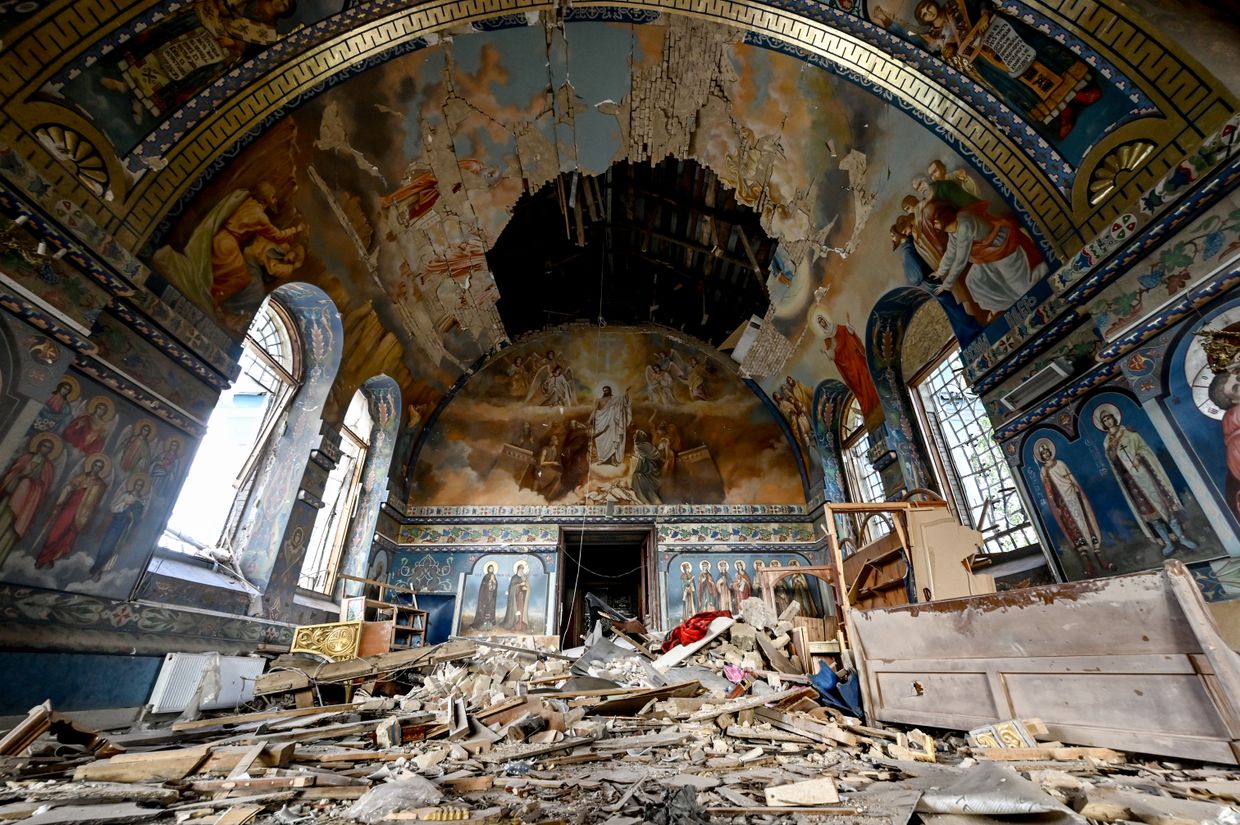Sacred Spaces Under Siege: Russia's War Leaves 600+ Religious Sites in Ruins, Zelensky Reveals

In a stark revelation of the human cost of the ongoing conflict, Ukrainian leadership has exposed the devastating impact of Russian aggression on religious communities. The president reported a harrowing account of religious persecution, revealing that at least 67 religious leaders—including priests, pastors, and monks—have been brutally killed or subjected to torture during the invasion.
Even more alarming is the systematic destruction of religious infrastructure, with 640 sacred sites—predominantly Christian churches and places of worship—reduced to rubble since the full-scale invasion began. This systematic targeting of religious institutions not only represents a profound assault on spiritual freedom but also underscores the broader humanitarian crisis unfolding in the region.
These shocking statistics paint a grim picture of the conflict's impact on Ukraine's religious landscape, highlighting the profound human suffering and cultural destruction that continues to unfold in the midst of ongoing hostilities.
